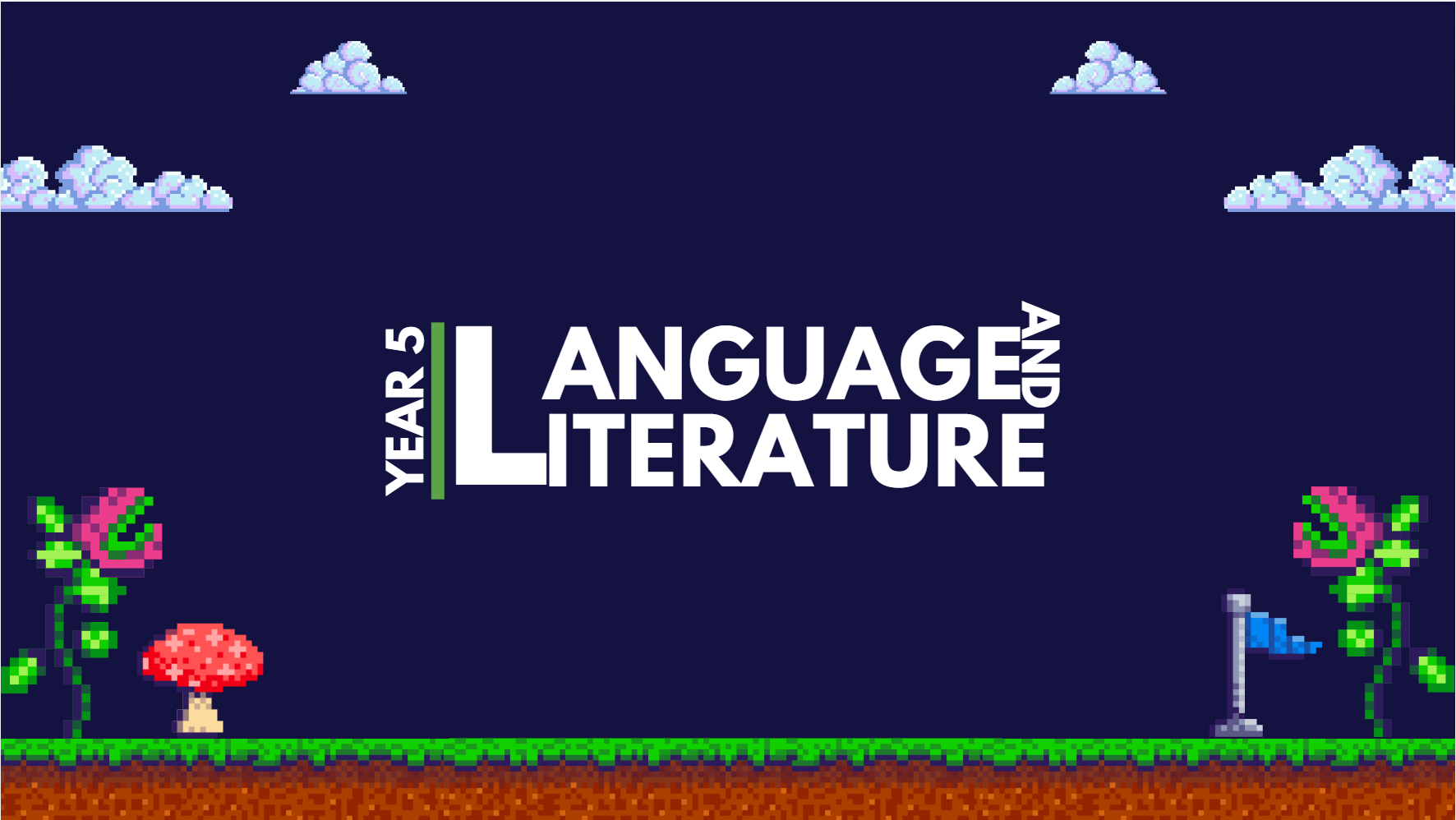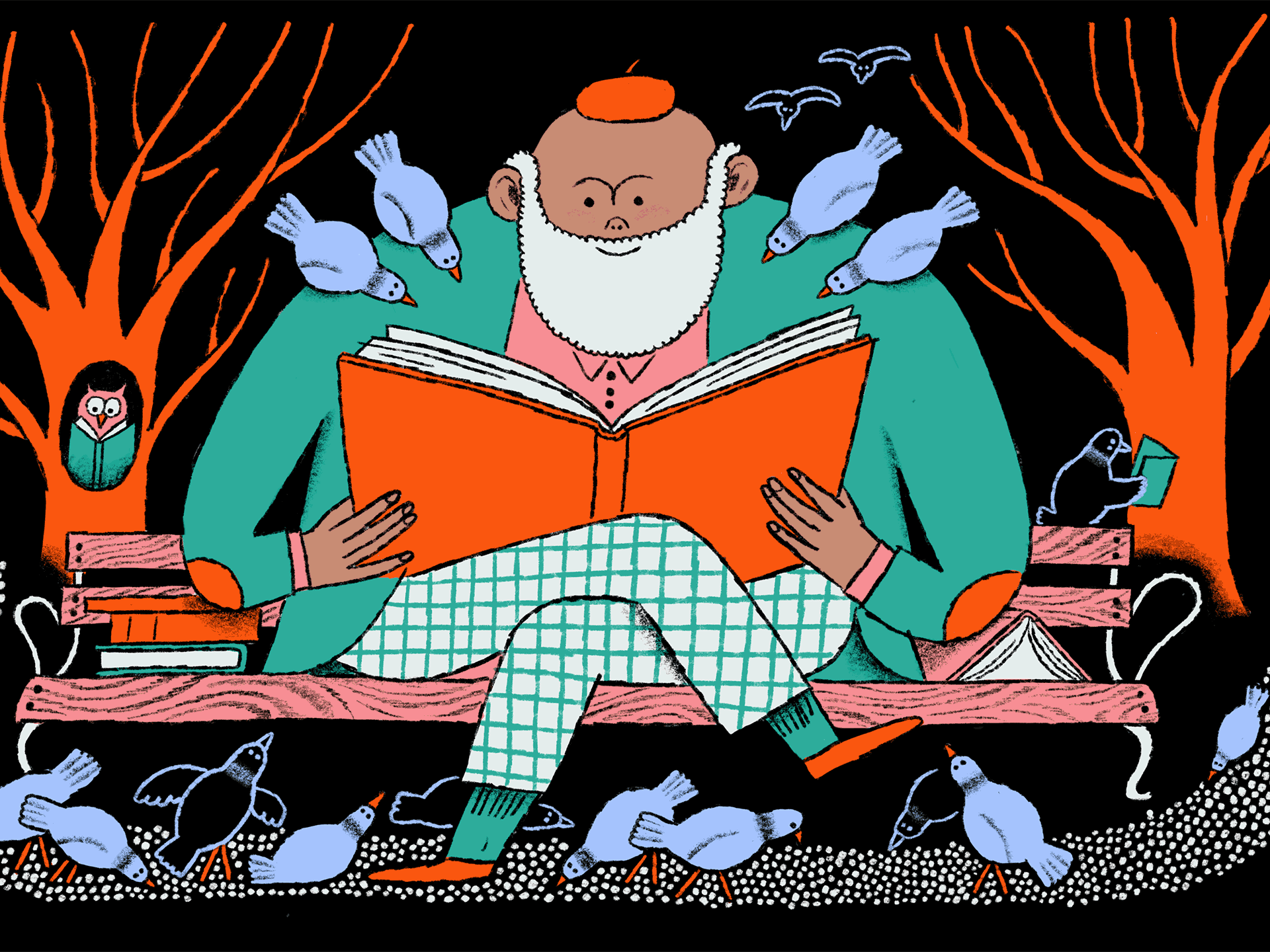Taken from: https://www.newyorker.com/culture/2020-in-review/the-best-books-we-read-in-2020
Introduction to the MYP Year 5 IB Language and Literature Course
Welcome to the final stage of the MYP journey, the Year 5 International Baccalaureate (IB) Language and Literature course. As you step into this advanced level of linguistic and literary exploration, you are poised to further refine your critical thinking, communication, and cultural awareness. In this pivotal year, the course delves into the complexities of language, narrative, and expression, equipping you with the skills and insights needed to engage profoundly with diverse texts and ideas.
General Objective
The MYP Year 5 Language and Literature course seeks to empower students with an advanced understanding of language nuances, narrative techniques, and textual interpretations. By immersing students in a wide range of texts, both traditional and contemporary, the course aims to foster intellectual curiosity, cultivate a global perspective, and enable students to navigate complex linguistic landscapes with sensitivity and confidence.
Methodology
The methodology of the MYP Year 5 Language and Literature course builds upon the foundation laid in earlier years, incorporating advanced approaches that challenge and inspire:
-
In-depth Analysis: Students engage in comprehensive analyses of intricate literary works, delving deep into themes, motifs, and subtext. This develops a sophisticated capacity for critical reading and interpretation.
-
Seminar-style Discussions: Interactive, seminar-style discussions encourage students to take ownership of their learning, leading discussions, posing thought-provoking questions, and engaging in collaborative dialogue.
-
Multimodal Exploration: Beyond traditional texts, students explore multimedia sources, visual arts, and digital content, recognizing the diverse forms of communication that shape our world.
-
Independent Research: Students undertake research projects, honing their ability to synthesize information, critically evaluate sources, and construct well-supported arguments.
Assessment
Assessment in the MYP Year 5 Language and Literature course is designed to reflect the depth of learning and the synthesis of skills:
-
Formative Assessment: Ongoing assessments, such as class presentations, debates, and peer reviews, contribute to the development of critical thinking, collaboration, and communication skills.
-
Summative Assessment: Culminating assessments, including extended essays, oral commentaries, and literary analyses, evaluate students' mastery of advanced literary concepts and their ability to articulate nuanced interpretations.
Content and Criteria
The course content encompasses a wide array of texts, spanning diverse cultures, genres, and mediums.
- Travel
- Freedom of expression and censorship.
- Relationships
- Double-edged swords
The assessment criteria are distributed as follows:
1. Criterion A: Analyzing: 25%
i. identify and explain the content, context, language, structure, technique and style of text(s) and the relationship among texts
ii. identify and explain the effects of the creator’s choices on an audience
iii. justify opinions and
ideas, using examples, explanations and terminology
iv. interpret similarities and differences in features within and between genres and texts
2. Criterion B: Organizing: 25%
i. employ organizational structures that serve the context and intention
ii. organize opinions and ideas in a coherent and logical manner
iii. use referencing and formatting tools to create a presentation style suitable to the context
and intention.
3. Criterion C: Producing Texts: 25%
i. produce texts that demonstrate thought, imagination and sensitivity, while exploring and considering new perspectives and ideas arising from personal engagement with the creative process
ii. make stylistic choices in terms of linguistic, literary
and visual devices, demonstrating awareness of impact on an audience
iii. select relevant details and examples to develop ideas.
4. Criterion D: Using Language: 25%
i. use appropriate and varied vocabulary, sentence structures and forms of expression
ii. write and speak in an appropriate register and style
iii. use correct grammar, syntax and punctuation
iv. spell (alphabetic languages), write (character
languages) and pronounce with accuracy
v. use appropriate non-verbal communication techniques

- Profesor: Angela Guiovana Gordon Naranjo
- Profesor: Angeles Jaramillo Cardona
